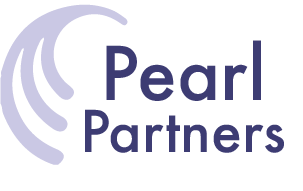Today I was reading a blog post by Chris Brogan in which he was making a distinction between blogger relations and sponsorships as ways companies can connect to their consumers. Chris was given some product by Panasonic, and they sponsored his trip to the Consumer Electronics Show. He was writing about marketing and sponsorships and whether/how they differ in new media venues from traditional venues. (There is a great discussion about this topic in the comments by the way.)
His perspective was interesting as it made me think about the other side of being a lead user. I seek out lead users to understand their motivations to help my clients to innovate. Lead users are often aspirational role models. However, this post made me think more about the expectations of the people who follow the lead users.
From a company perspective, lead users are a wealth of information about the values, motivations and decision processes of people in the target market. Understanding what makes them tick often yields great insight for the purpose of innovation. Likewise, understanding why the laggard is the laggard can yield equally valuable insight. But how do these groups view each other? Does it have an impact on your business?
From an individual perspective, think about your activities and hobbies. Who would you say are the lead users in these activities? What are your expectations of them? Would you seek them out for advice, or do you look to them as experts? If they were talking about products would you be more likely to try them? Likewise, how do you perceive the laggards? Where would you place yourself?
I have no answers here, but am intrigued by the idea of learning how consumer groups perceive each other. My hypothesis is that it depends on the category. In some, people are very aware of who's who and why, and in others it may not matter. I'm going to start probing these ideas in the next sets of consumer interviews I do, and will test my hypothesis. If you have any insights into the topic, I'd love to discuss them.
